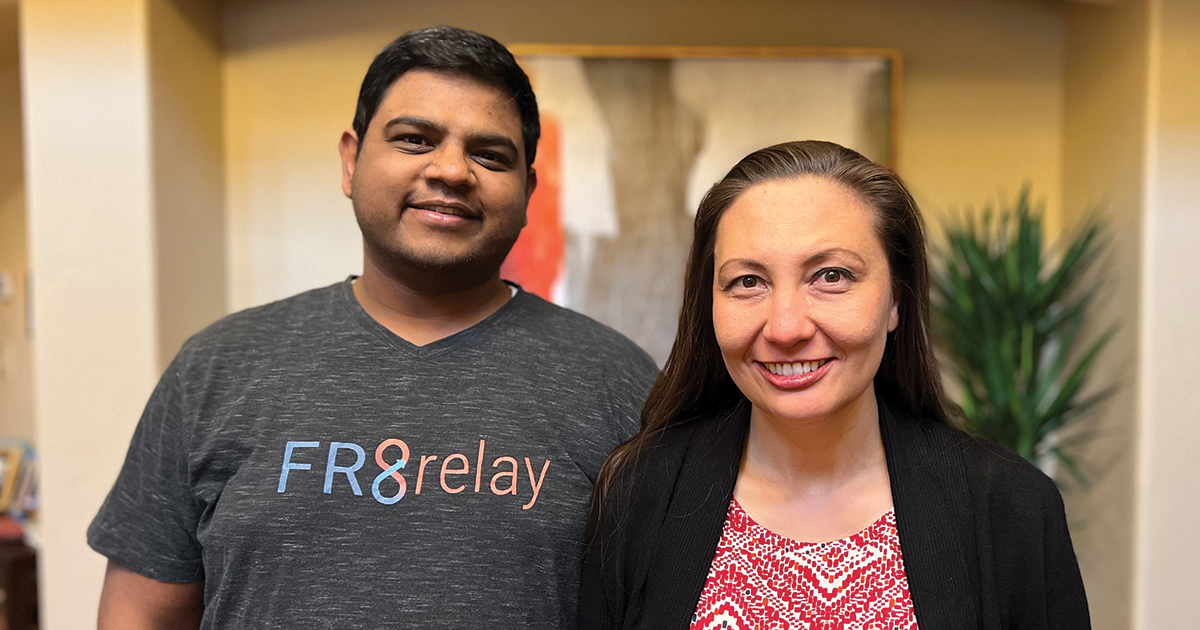Bentonville-based logistics technology startup FR8 relay receives a $1 million grant from the National Science Foundation through the Small Business Innovation Research (SBIR Phase II) program. The money will support a project to improve the efficiency of the transportation industry.
The project “Implementation of a Machine Learning Module in a Novel Relay Trucking Pilot” will integrate machine learning models to improve the efficiency and resilience of relay trucking. The second phase builds on the success of the first phase, which demonstrated the potential of FR8relay’s travel time module to predict travel time disruptions using machine learning.
“Securing this NSF grant is a significant milestone for FR8relay and reinforces our commitment to improving efficiency in the transportation industry,” said CEO Aayush Thakur. “This project brings us one step closer to a more efficient and sustainable freight transportation system for the entire country.”
The second phase will involve improving FR8relay’s machine learning models within its relay scheduling platform, testing the relay scheduling engine in simulations, and deploying the enhanced software with real trucks and drivers. The integration of these models is expected to improve scheduling accuracy and the reliability of freight movements across the country. The work is intended to confirm the commercial viability of the technology.
Since Thakur and his wife Deme Yuan founded FR8relay in 2018, the company has been developing technologies to support the transportation industry, including its patented relay system, and working to improve load bundling and asset utilization. The technology is designed to provide greater flexibility and responsiveness in freight operations. The approach is intended to reduce transit times and operating costs and address industry challenges such as truck driver retention and environmental sustainability.
FR8relay has received several federal grants, including awards from the U.S. Department of Agriculture, the U.S. Department of Energy, and the National Science Foundation. Support from the Arkansas Economic Development Commission has also helped bolster FR8relay’s research and development efforts.

